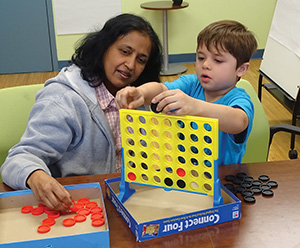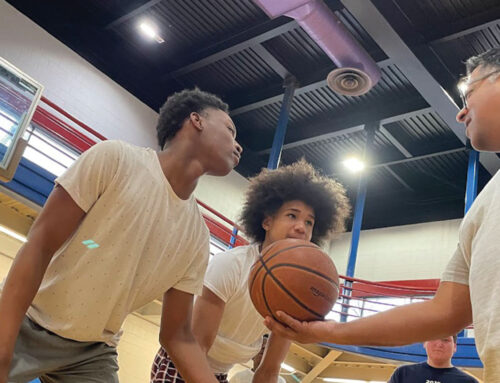
Even when playing a game, a student’s executive function skills are needed to plan, strategize, and take action.
For many students at Westbridge Academy, executive function skills are the “missing link” to achievement. That is why Westbridge staff began a year of growth and development, creating and implementing Authentic Problem Based Learning Units into their daily classroom work with their students.
Executive function encompasses skills that allow students to organize, collaborate, plan, set goals and self-regulate, to name just a few. Most of these skills develop naturally in children between the ages of three and six, but for some, they do not.
The good news is, executive function skills can be taught at any age, but they must be taught deliberately and with intent.
– Anthony Hadzimichalis, Ed.D., School Principal
Educators at Westbridge Academy recognize the importance of deliberately working on the development of executive function skills in all their students. Through direct instruction, students learn to build working memory, problem-solve, become more self-aware, use paradigms for reasoning, and develop cognitive flexibility and inhibitory controls.
“We know that building these skills in their brains is similar to strengthening a muscle in their bodies. The more students use executive function skills, the stronger they become. Our method involves embedding executive function development directly into our classroom instruction,” added Dr. Hadzimichalis.
As students develop these skills, we see a decrease in frustration-related behavior problems that get in the way of learning. Westbridge students are engaged in solving authentic project-based problems within their classroom or school and are taking charge of finding practical solutions based on IDE founder Dr. Nancy Sulla’s Learner-Active, Technology-Infused Classroom, a student-driven classroom framework that puts students in charge of their own learning.
“We are finding that putting students in charge of their own learning goes a long way toward building executive function,” Dr. Hadzimichalis concluded.







